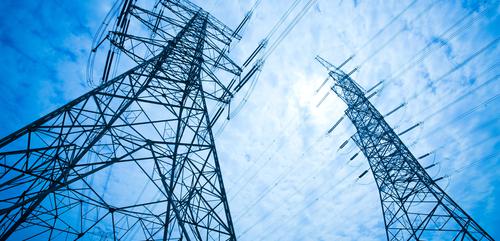Newly appointed Production Reconstruction, Environment and Energy Minister Panos Skourletis, previously at the helm of the Labor Ministry, who is expected to officially assume his new post early today, will face the immediate task of needing to combat major pending issues and implement key reforms in the energy sector, as demanded by the country’s lenders for Greece’s latest bailout agreement, as well as by EU law.
The new energy minister’s predecessor Panagiotis Lafazanis had refused to comply with warnings issued in recent months by the EU’s competition commissioner Margrethe Vestager for necessary energy sector reforms.
The most urgent issue to face the new energy minister will be the privatization of main utility PPC’s subsidiary firm IPTO, the power grid operator, a bailout agreement condition. The prospect represents part of the wider effort to open up the electricity and gas markets to competition by limiting the dominance of state-run enterprises in these sectors.
Other terms included in the bailout agreement include increasing electricity tariffs for the farming sector. These hikes may reach as much as 30 to 40 percent. The increase will result from a commitment by Greek officials to base electricity rates on production cost at PPC and scrap subsidy practices.
The tariff increase could be even more considerable for the energy-intensive industrial sector, which faces the prospect of an end to discount rates offered by PPC. Cost-based adjustments will need to be implemented here, too, as part of the bailout agreement. However, tariffs will not necessarily rise in all cases as new calculations of production cost entailed may lead to favorable revisions for Greece’s industrial sector.
It will be interesting to see how the new minister deals with the country’s energy policy in terms of geopolitical concerns. His hardline leftist predecessor spent months seeking to develop closer ties with Moscow, with little to show following a number of visits to Russia. Officials will be hoping Skourletis adopts a more realistic overall approach.
As for the requirements imposed on the government to open up the electricity market to competition, in compliance with EU law, it will need to proceed with reforms offering all market participants fair and equal access to electricity production sources, such as lignite and water. The government will be expected to introduce auctions for low-priced lignite and hydropower produced energy, based on the French NOME model, through which PPC will need to sell to private-sector companies part of its production at low prices. These energy companies will then be obligated to sell in the retail market (households, businesses, industries) at prices reflecting the cost reduction. This, of course, would serve as part of the process towards opening up the market. It is widely recognized that deep-rooted change can only be achieved if PPC’s monopoly is ended. It remains to be seen how developments will unfold on this front.





